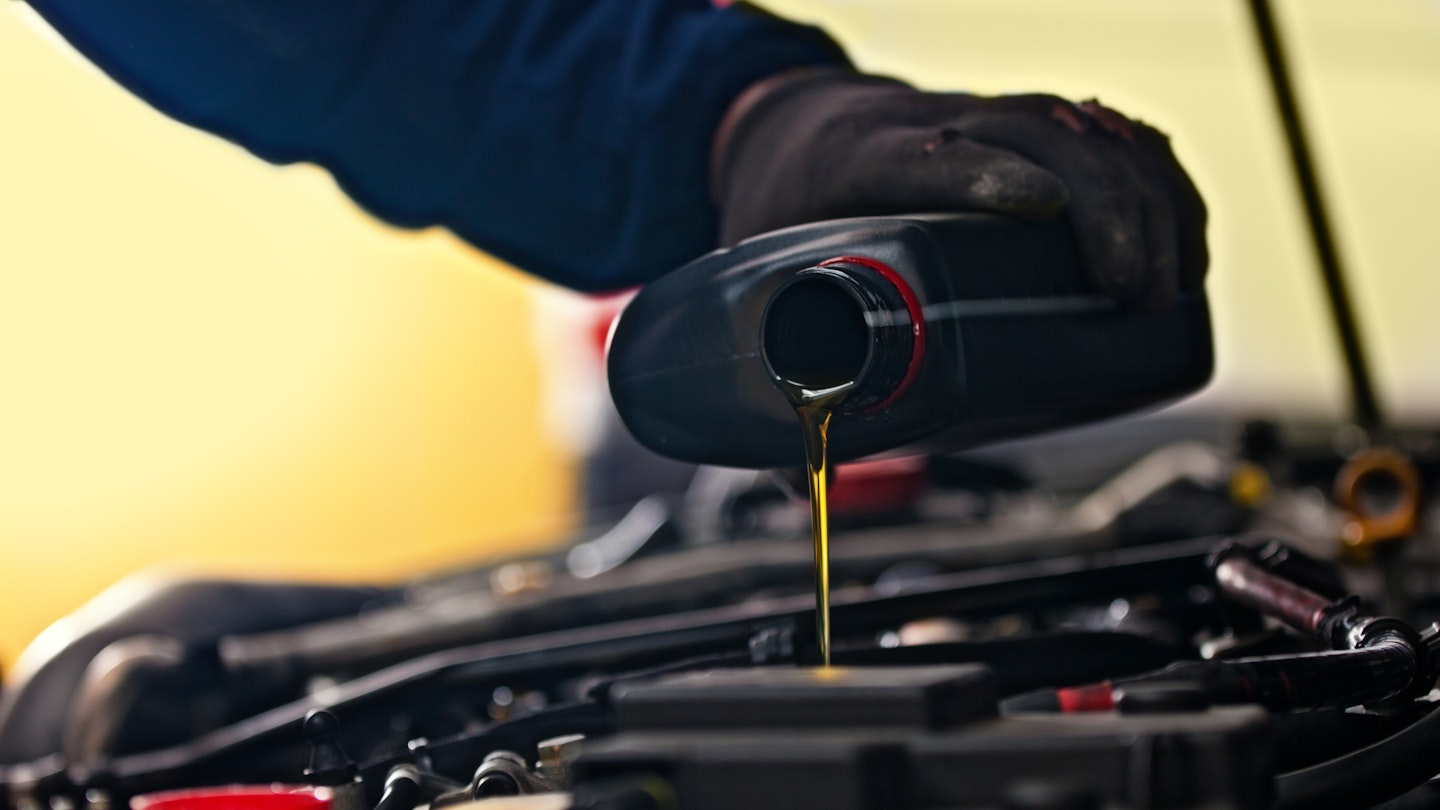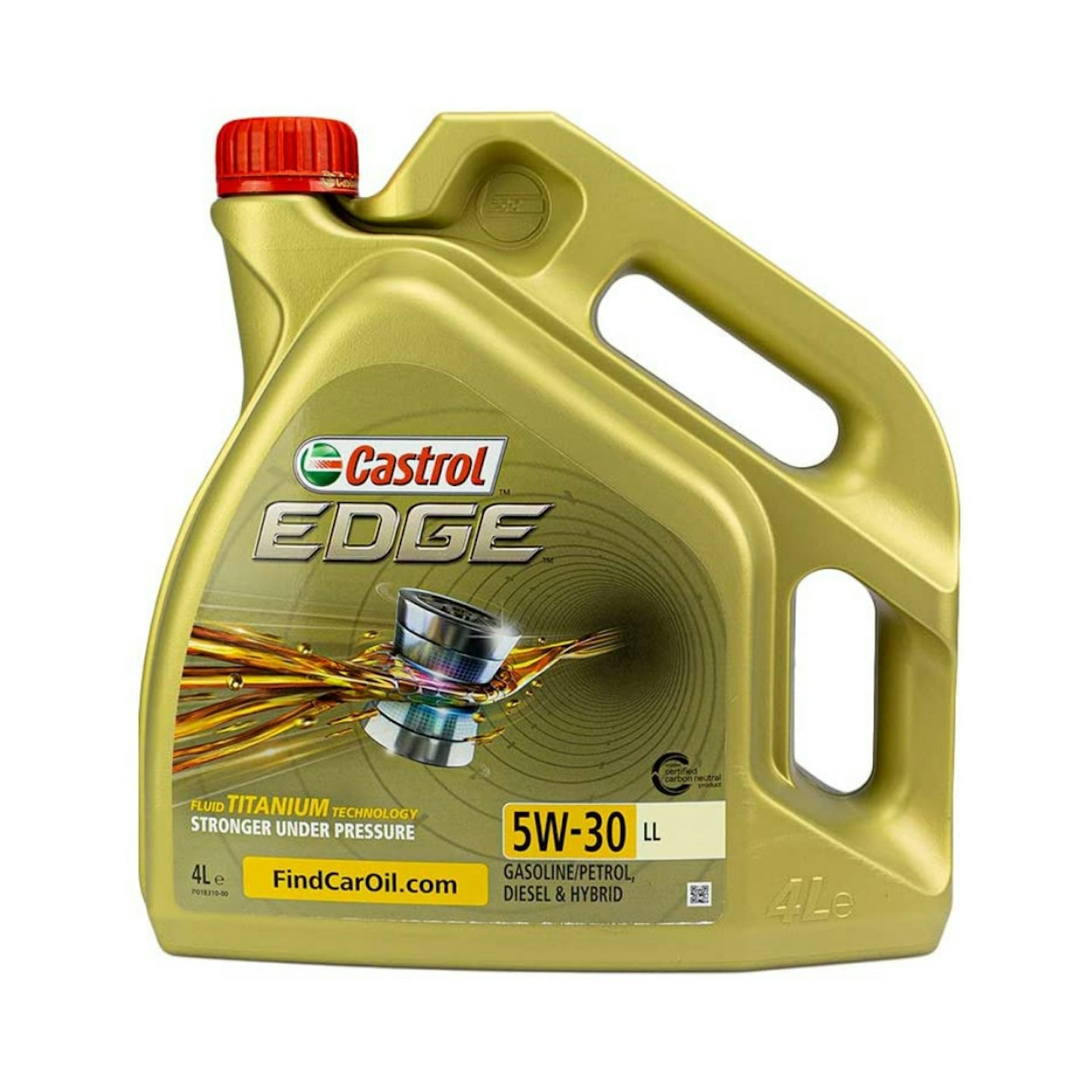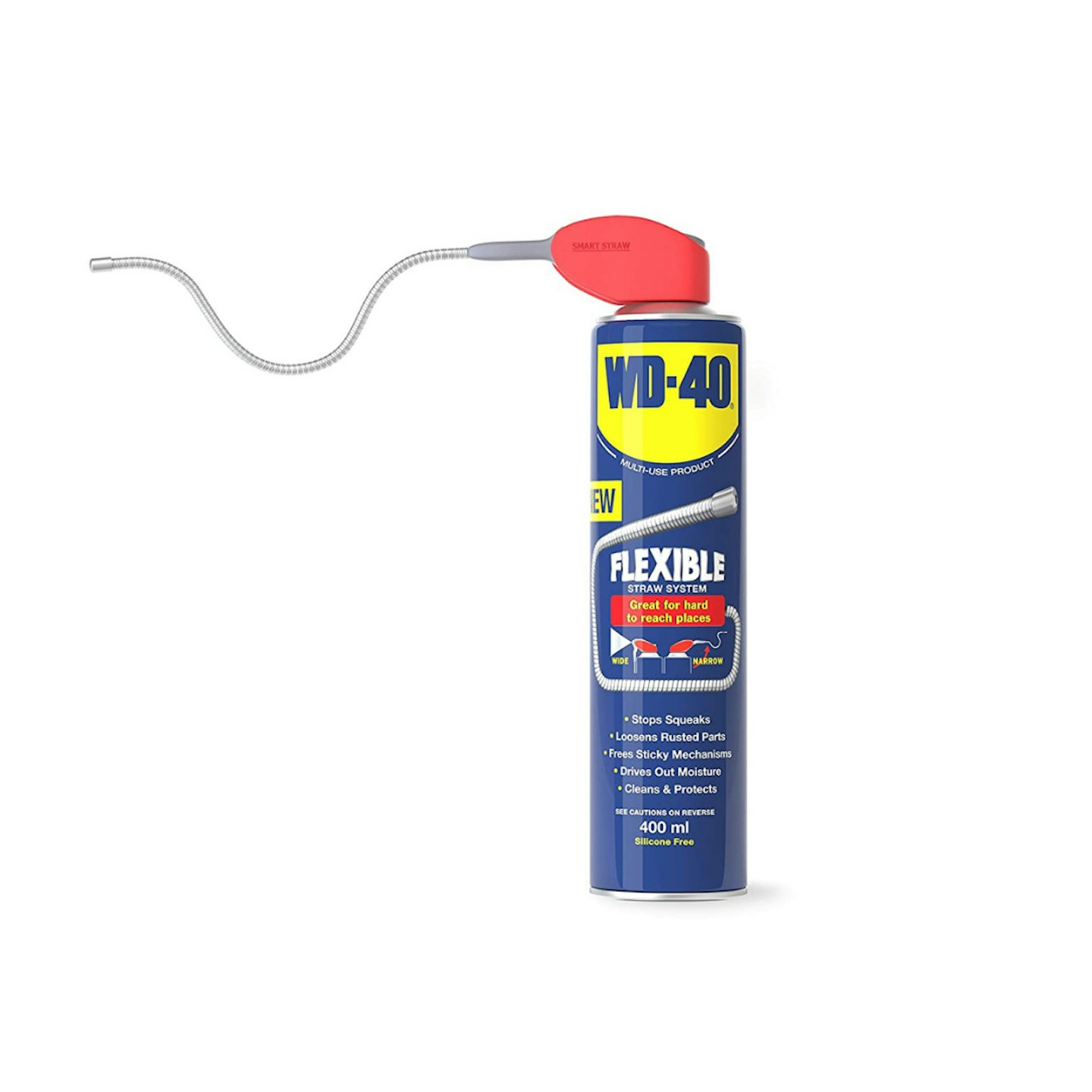As annoying as it is to clean up and dispose of, oils are an essential part of car maintenance. Engine oil is probably the most obvious type of lubrication you can think of, but it's by no means the only oil a motorist should know about. From proper car maintenance and general DIY to car cleaning, there are a load of lubricants available for the smooth running of your car.
RELATED: The best oil filter removal tools
This guide will help you understand the typical lubricants you should know about. We aren't going mad looking for the most obscure type of lubricant we can find, all of these oils are easy to find, relatively inexpensive and straightforward in application.
In your car
Engine oil
Engine oil is probably what your mind jumps to when you think of car lubrication. Engine oil will ensure the metal internals of your engine don't directly rub together, regulate heat and collect the microscopic debris that naturally occurs in your engine over time. In other words, you need good engine oil if you like your engine working.
We've also written guides on general engine oils and the ever-popular 5W-30 engine oils you can view too.
Transmission oil
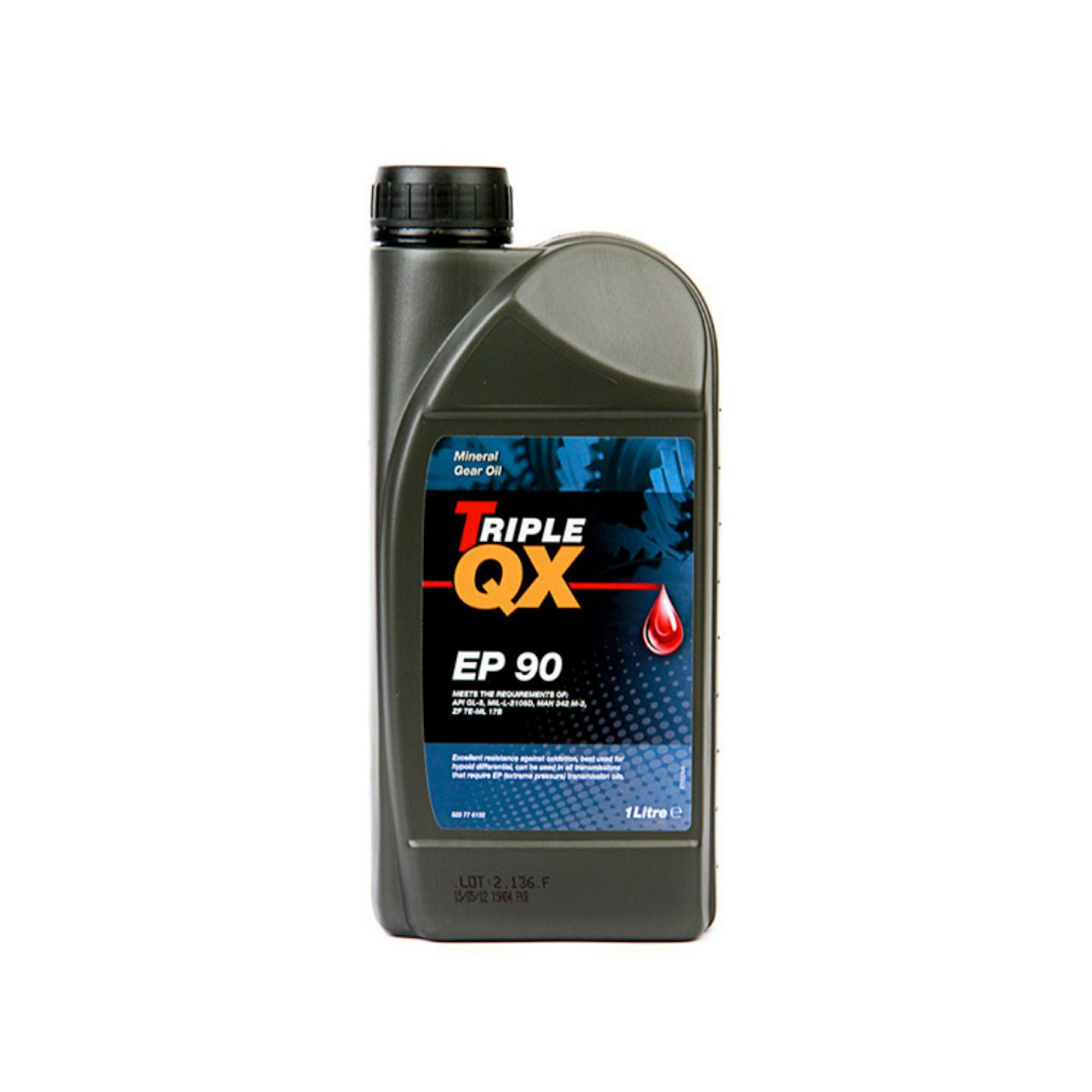
www.eurocarparts.com
Also known as transmission fluid, transmission oil will keep your gearbox in good condition and running smoothly which is why it's worth changing it periodically. Different types are available for manual and automatic transmissions and brands will recommend certain types so it's worth looking in your car's handbook. Some transmission oils can also be used for lubricating differentials, another handy bit of vehicular maintenance if you know what you're doing.
In your garage
General use oil
Any mention of garage lubricants that fails to mention WD-40 is not complete. In terms of versatility, WD-40 is right up there with the screwdriver and hammer and needs to be in every person's tool kit. Included in the near-endless list of things it can do is stopping doors from squeaking, removing tar spots from cars and even keeping garden tools rust-free. This particular opinion comes with a handy eight-inch flexible straw bit for reaching awkward areas with ease.
Penetrating oil
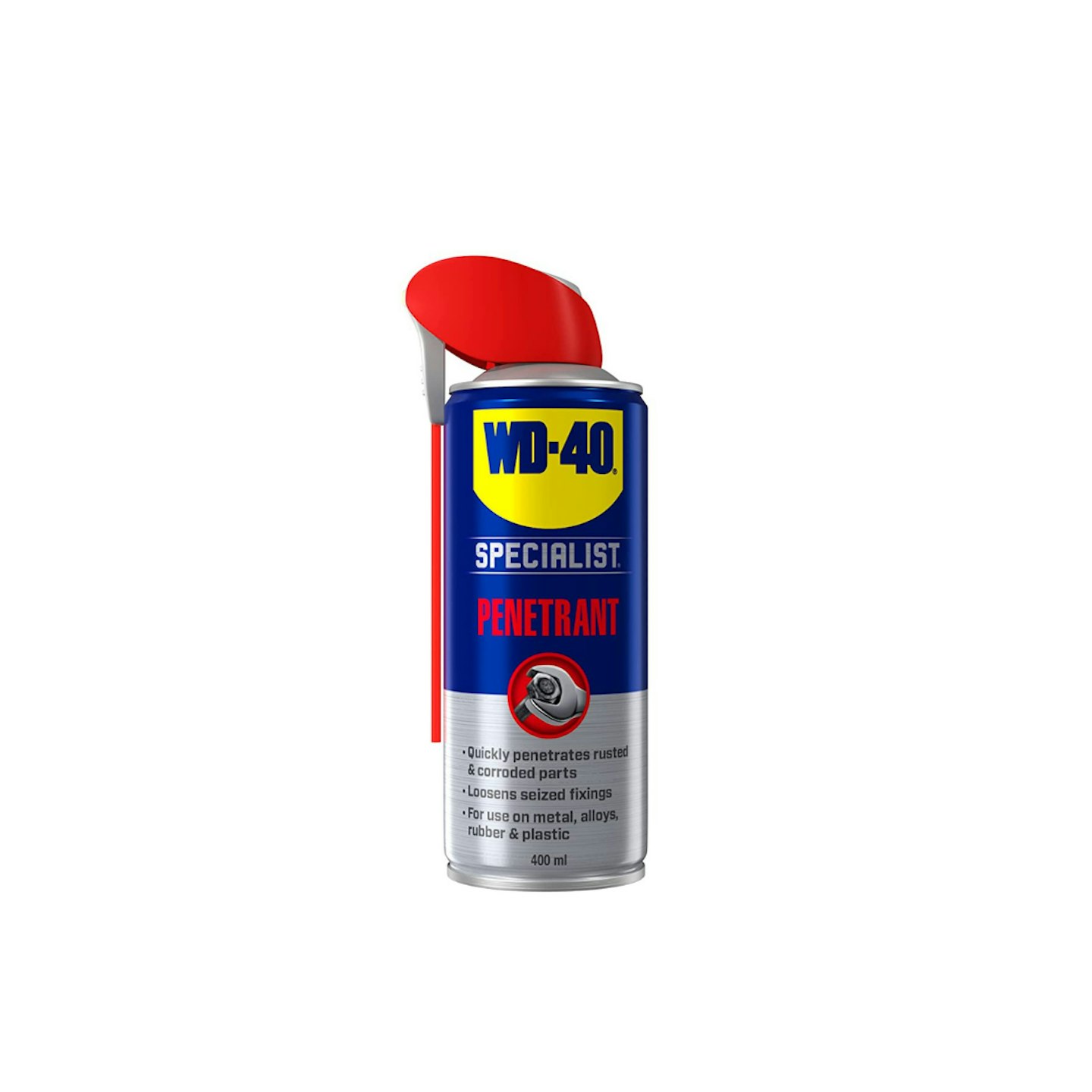
The perfect solution to a rusty nut that won't budge is a good blast of penetrating oil. They're designed to slip between seized threads and help loosen them, ideal if you have an older, rustier car. While these oils are exceptional for loosening bolts they aren't very good when it comes to general lubrication as the volatile nature of penetrating fluid means it evaporates very quickly.
Jack oil
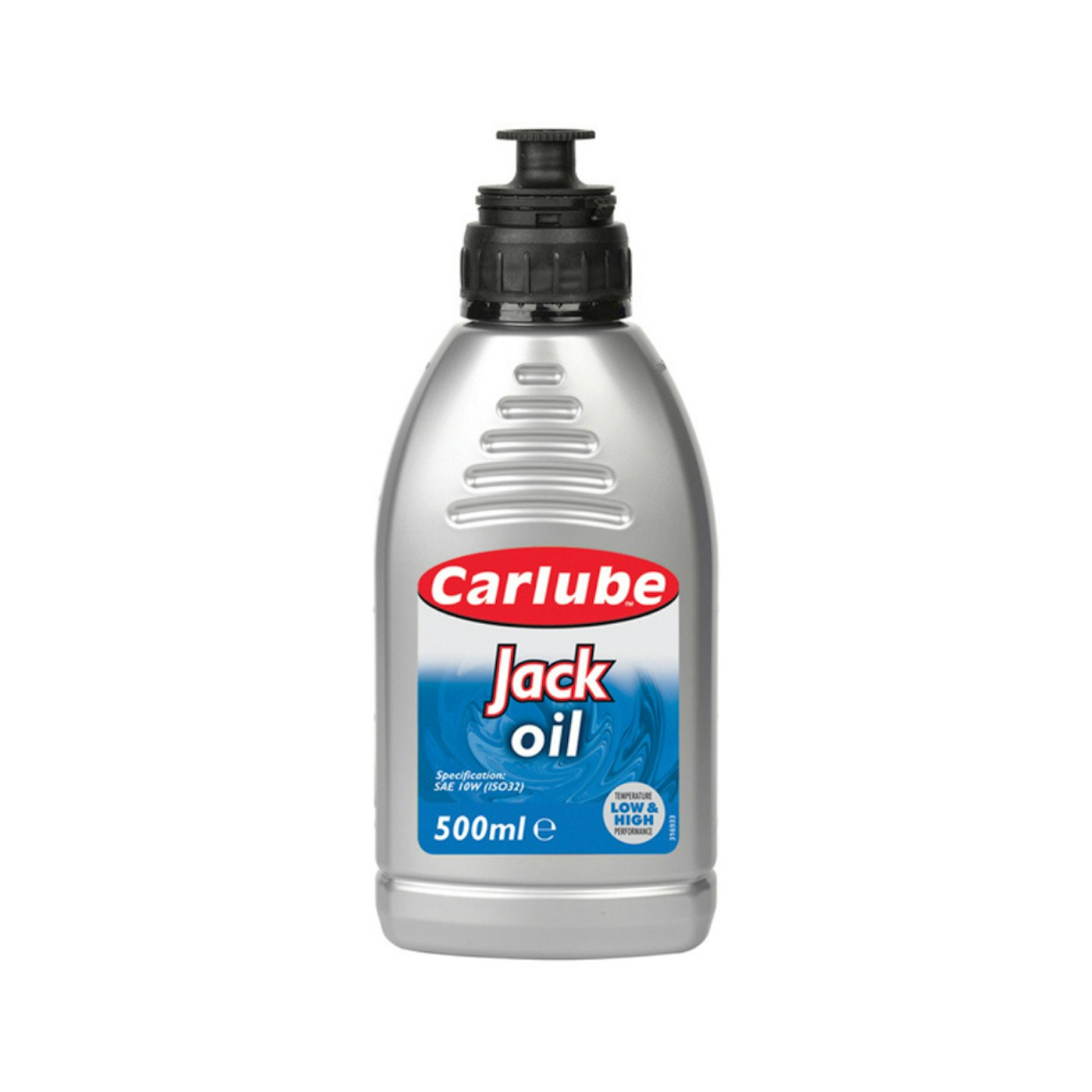
www.eurocarparts.com
Car jacks hold an awful lot of weight and can be dangerous if not properly maintained, which means you should do your best to make sure it's in tip-top condition.
2 stroke oil
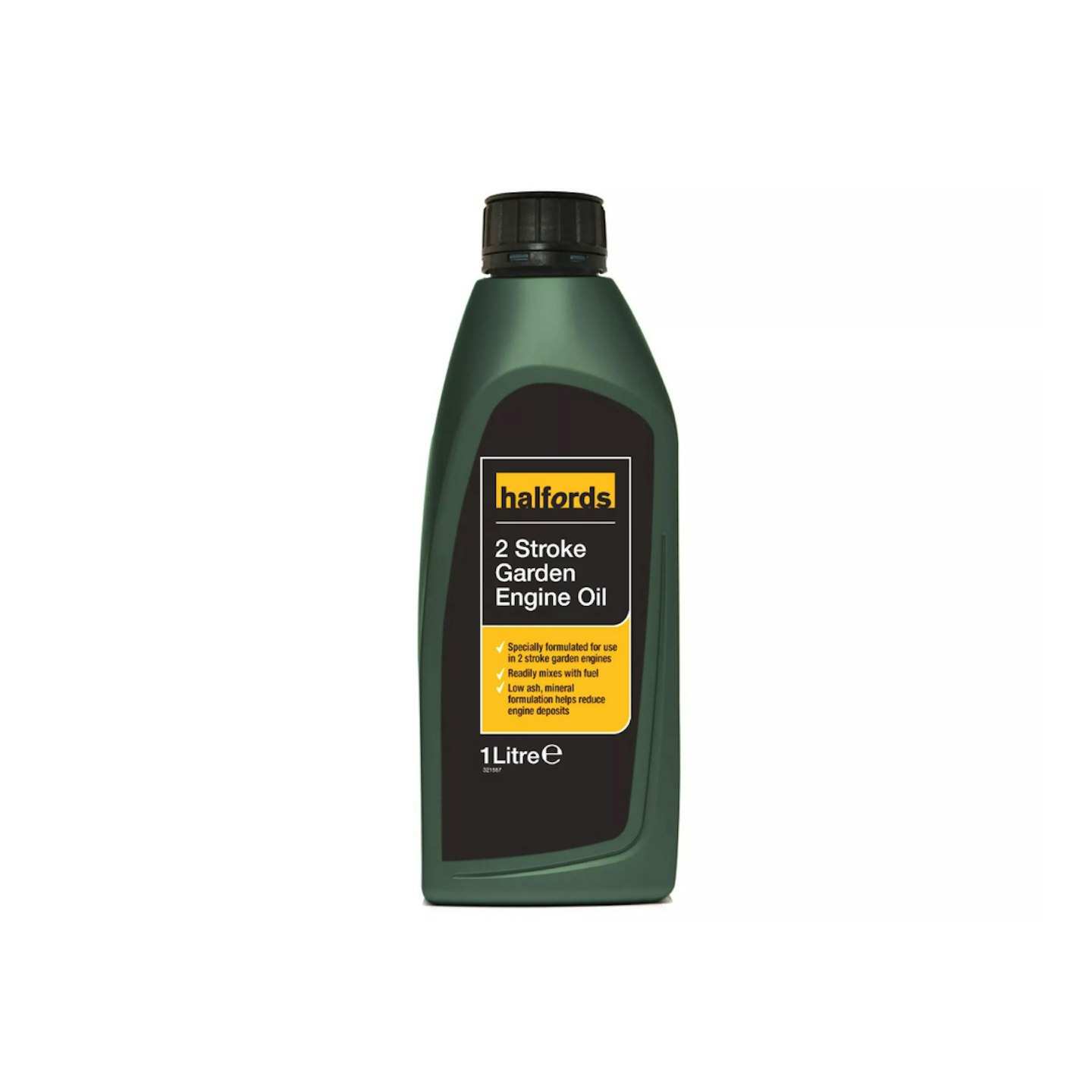
www.halfords.com
Petrol-powered chainsaws, lawnmowers and other gardening tools will more often than not use a 2 stroke engine that requires special 2 stroke oil. While 2 stroke engines may be extinct in the car world nowadays, those who drive early Saabs and Trabants will know all about mixing oil and petrol and the resulting blue smoke.
In your car cleaning kit
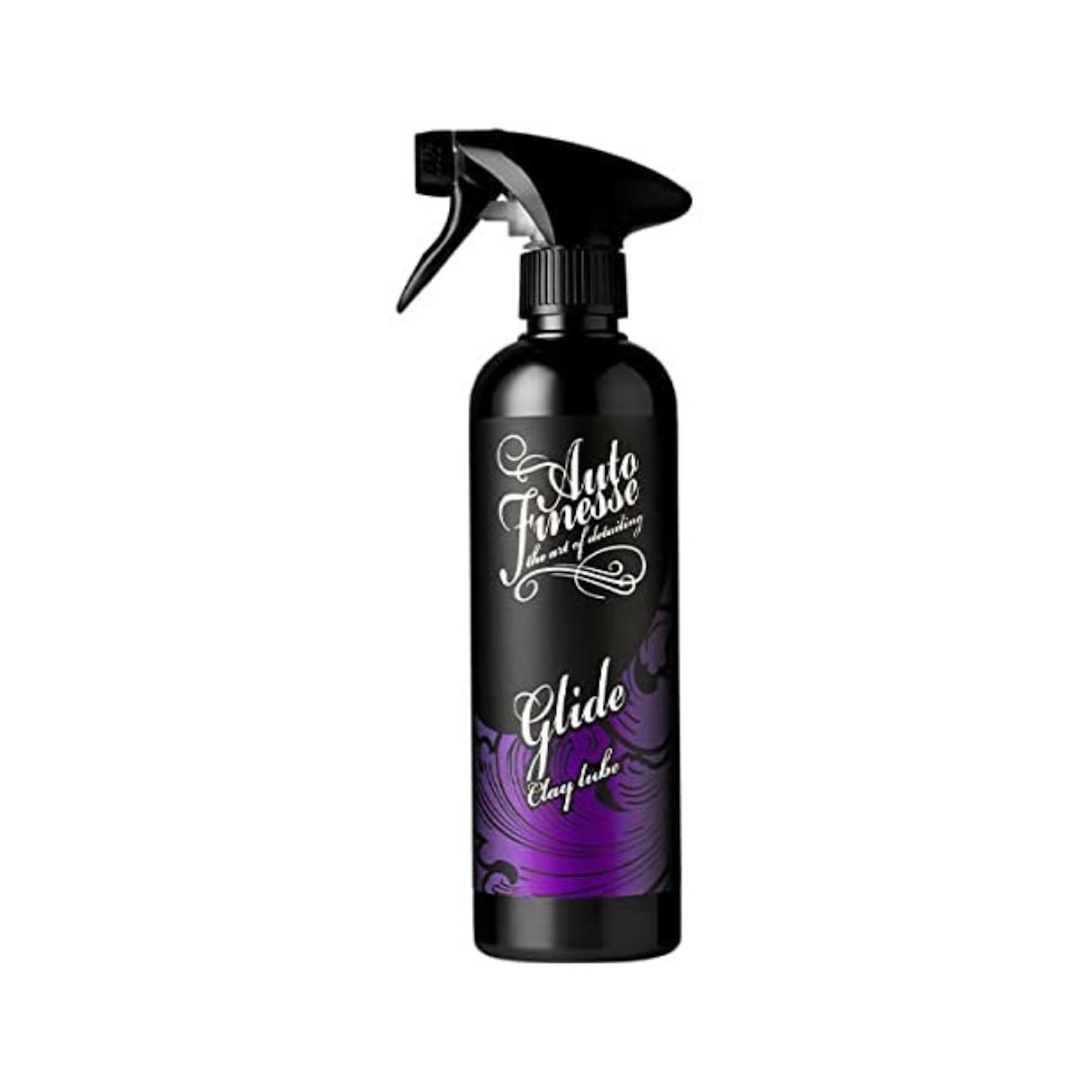
Most car cleaning products work as degreasers to lift grease and grime, in fact, the only lubricant you'd ever use while cleaning is clay bar lubricant. Clay bars are brilliant at picking up embedded bits of dirt in car paintwork but can drag across your paint causing damage if you don't use a decent clay bar lubricant like this option from Auto Finesse.
There are water-activated clay bars on the market now if you don't want to buy lubricant. Read our review of Bilt Hamber Auto Clay to find out more.
READ NEXT:
Summer tyre test 2021: tyres from top brands reviewed and ranked
